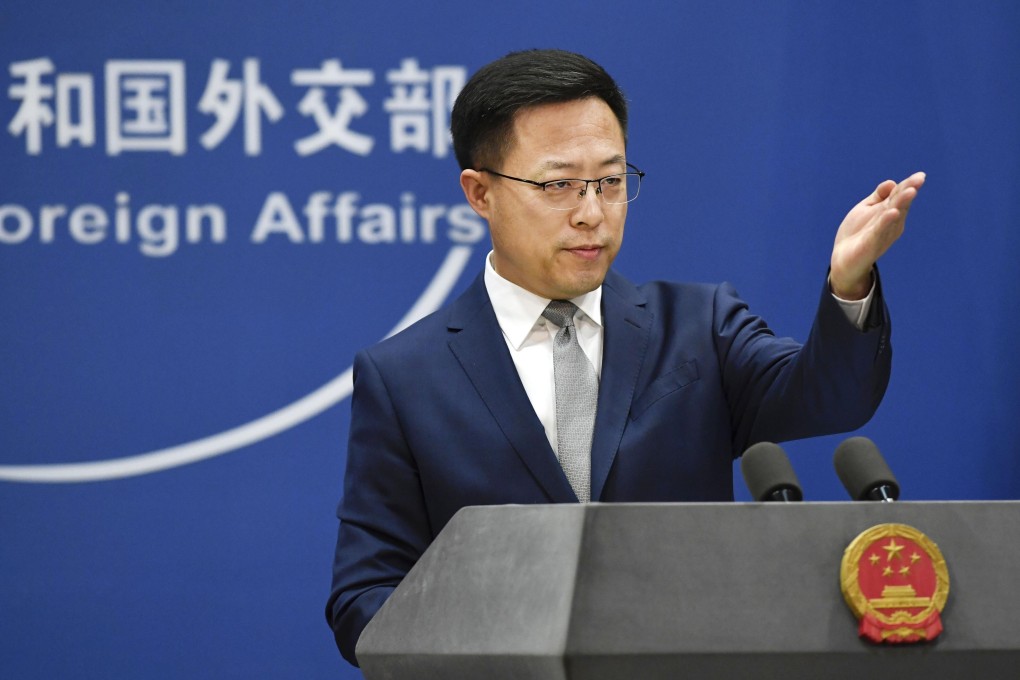China-Australia relations: ‘smearing China’ will backfire for trade partners, Beijing warns
- Even with Australia’s iron ore exports to China still strong amid broad trade dispute, Treasurer Josh Frydenberg vows ‘we will not put economic interests first’
- Beijing says ‘it is the people who pay for misguided government policies’

China says it will not do business with countries that undermine it, while analysts say that any “trade alliances” to neutralise China’s trade actions will not work in a free global market.
Responding to a request for comment by the state-owned China News Service, which pointed to some analysts saying Canberra “should not blindly follow the US”, China’s foreign ministry said on Tuesday that countries which unjustly attack China would suffer the consequences, without elaborating.
“We will not allow any country to reap benefits from doing business with China while groundlessly accusing and smearing China and undermining China’s core interests based on ideology,” ministry spokesman Zhao Lijian said at a regular press conference, in response to the query. “When a certain country acts as a cat’s paw for others, it is the people who pay for misguided government policies. From what you mentioned in your question, we can see how such a practice has served the country concerned.”
Analyses by the South China Morning Post have shown that the United States shipped more coal to China in the first five months of the year, while China did not import any coal from Australia during that time.